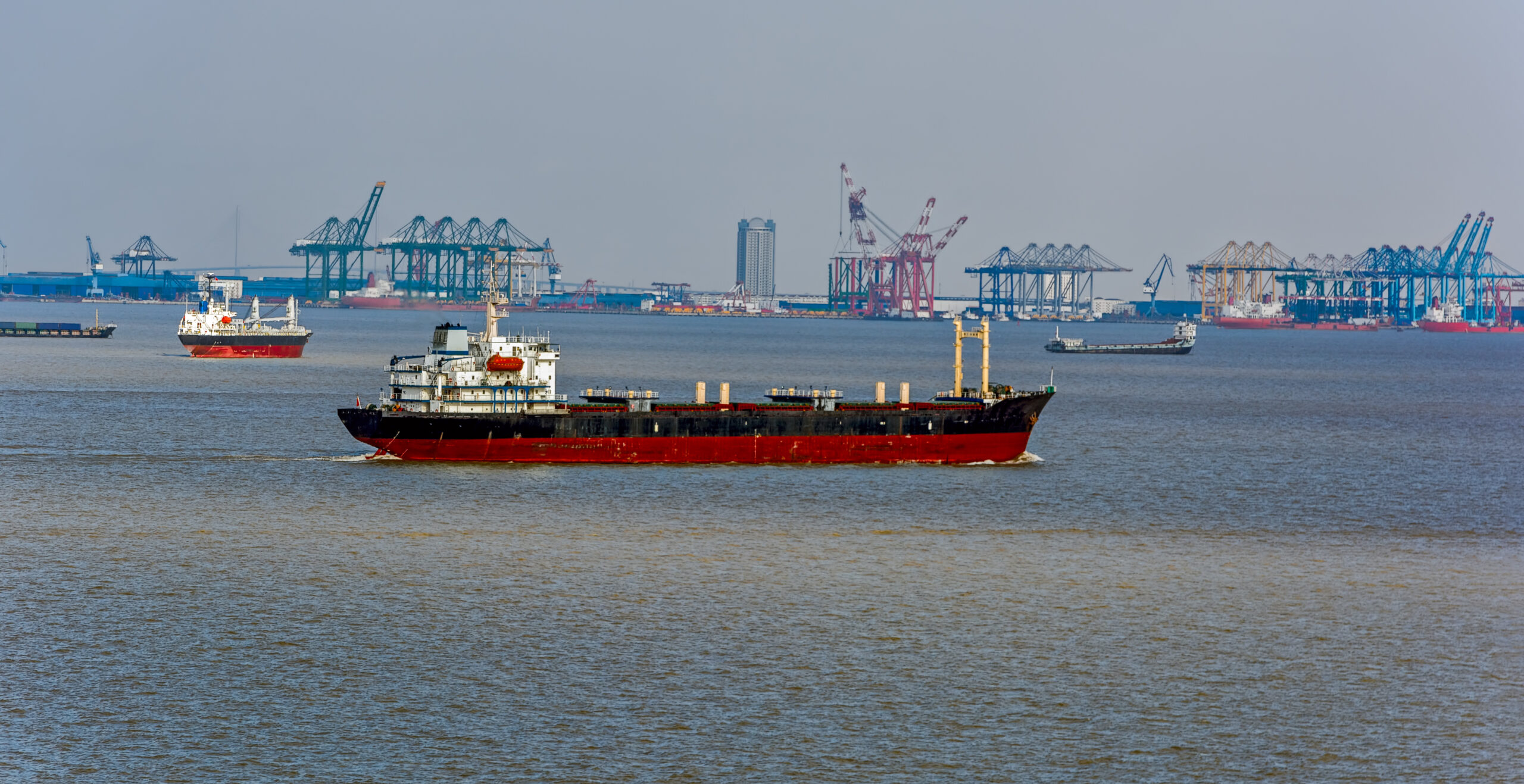The Office of the United States Trade Representative (USTR) recently said that it seeks public commend “on proposed actions in section 301 investigation of China’s targeting of the maritime, logistics, and shipbuilding sectors for dominance.”
China’s shipbuilding empire is the latest flashpoint in the intensifying frictions between Washington and Beijing.
Foreign capital and technology are flowing into Chinese shipyards, which is accelerating Beijing’s ongoing naval buildup.
Over the past month, the Trump Administration has made clear that it intends to implement a robust trade policy at blazing speed. However, China claims that by “shutting out Chinese companies and the Chinese market,” the U.S. will end up hurting its own economic interests and international credibility.
“We urge the U.S. to abide by international investment and trade rules, respect the laws of market economy, stop politicizing and weaponizing economic and trade issues, and stop undermining China’s legitimate right to development,” China’s Foreign Ministry responded yesterday to Bloomberg’s questions regarding the US-China economic relations and investment controls into the United States.
The USTR has outlined the ways to eliminate China’s market power over global supply, pricing, and access in the maritime, logistics, and shipbuilding sectors.
It proposes to impose certain fees and restrictions on international maritime transport services related to Chinese ship operators and Chinese-built ships, as well as to promote the transport of U.S. goods on U.S. vessels.
In response, a spokesperson from China’s Foreign Ministry in a regular press conference on February 24 commented about the USTR report into Chinese shipbuilding.
“As for the U.S. restrictions on China’s shipbuilding industry and other related sectors, China’s Ministry of Commerce made a response. Let me stress that to serve its political agenda at home, the U.S. has abused Section 301 investigation, which seriously violated WTO rules and further undermined the multilateral trading system. We call on the U.S. side to respect facts and multilateral rules and immediately stop its wrongdoings,” spokesperson Lin Jian remarked.
The United Steelworkers (USW) last year led a coalition of labor organizations in filing a section 301 petition, calling for an investigation of Chinese commercial shipbuilding.
Five national labor unions filed a petition on March 12, 2024, requesting an investigation into the acts, policies, and practices of China “targeting the maritime, logistics, and shipbuilding sectors for dominance.”
The findings of the USTR probe did not include a specific recommendation of penalties against China, leaving next steps up to current US president Donald Trump.
In light of the information obtained during the investigation, the U.S. Trade Representative determined that China’s targeted dominance of the maritime, logistics, and shipbuilding sectors is “unreasonable” and burdens or restricts the U.S. commerce and is “actionable” under U.S. trade law.
The USTR probe found “the PRC’s targeting for dominance unreasonable because it displaces foreign firms, deprives market-oriented businesses and their workers of commercial opportunities, and lessens competition and creates dependencies on the PRC, increasing risk and reducing supply chain resilience.”
USTR further found that “PRC targeting for dominance burdens or restricts U.S. commerce by undercutting business opportunities for and investments in the U.S. maritime, logistics, and shipbuilding sectors; restricting competition and choice; creating economic security risks from dependence and vulnerabilities in sectors critical to the functioning of the U.S. economy; and undermining supply chain resilience.”
USTR will hold a public hearing about the proposed actions on March 24, whilst the deadline to submit a request to appear at the hearing is March 10.



